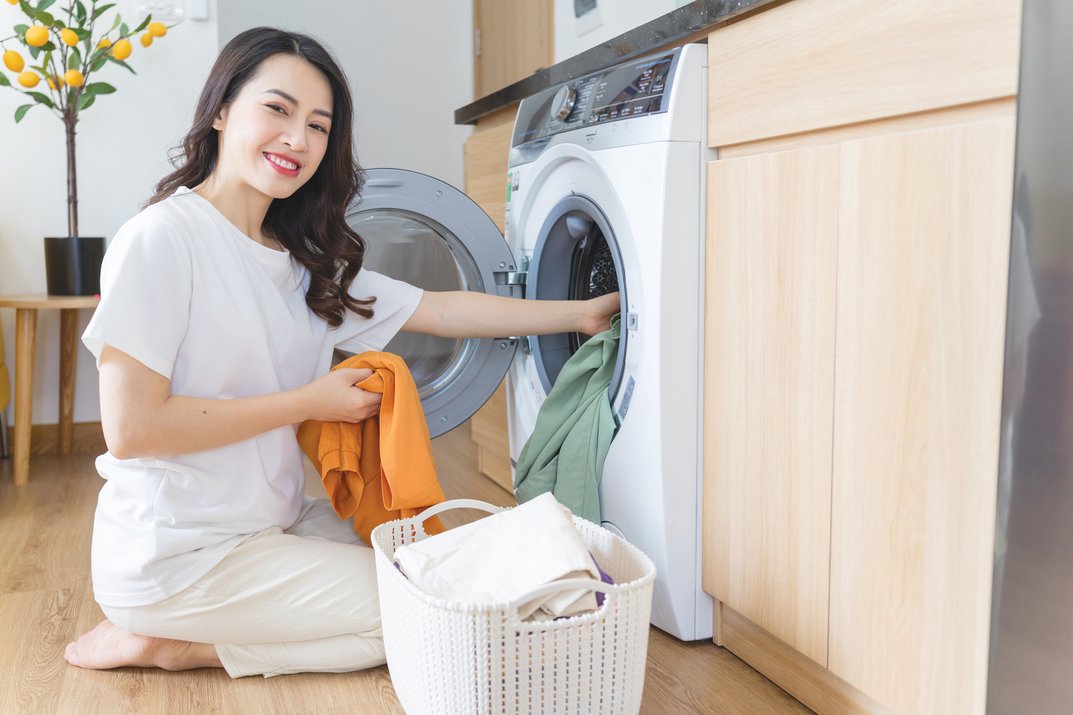
Homeowners can reduce their water bills by making these updates to the home. Today’s water-efficient products use less water without sacrificing comfort or convenience. Now that’s smart!
Here are some water-efficient products to consider for homes.
Water-efficient toilets
Environmental Protection Agency WaterSense-labeled toilets use significantly less water than older toilets without compromising performance. Replacing a toilet made before 1992 could save more than 12,000 gallons each year and replacing toilets made before 1982 could save more than 20,000 gallons per year.
Clothes washers
Clothes washers are one of the largest water consumers in a home. Replacing an old washer with an ENERGY STAR certified model can reduce water use by up to 30%, adding up to about 5,000 gallons per year. Plus, this saves on electricity costs, too.
Rain barrels
Installing a rain barrel allows homeowners to collect rainwater from their roof and use it to water plants, wash cars and clean driveways. By using rainwater, this saves about 2,200 gallons of water per year.
Irrigation controllers
Outdated irrigation controllers can cause overwatering and significant water waste that cost more money. Newer weather-based irrigation controllers automatically adjust outdoor watering based on local weather conditions, soil moisture and plant needs. These can annually save homeowners more than 7,000 gallons of water.
Water monitors
Water leaks can start small but can lead to major repairs if not caught early. A smart water monitor tracks water usage in real time and sends an alert if it detects leaks, abnormal consumption or inefficient fixtures. Studies have shown that installing a smart water monitor can reduce water usage by 15% or more.
Rebates available
Rebates for these and other water-saving products are offered through the Board of Water Supply’s Water Sensible program.
Learn more online at boardofwatersupply.com/watersensible.
BOARD OF WATER SUPPLY
Contact
808-237-6877
Email
watersensible@honeywell.com
Web
boardofwatersupply.com/residentialrebates
See more articles from: Board of Water Supply